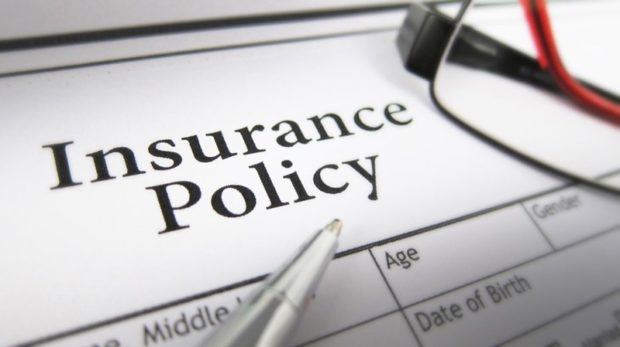The insurance game is a harsh mistress that can often feel like we are overpaying without any probable cause. With business insurance, a litany of prevailing factors can determine the cost of coverage charges, for better or for worse.
With small-business ownership continuing to increase under the Trump administration (including 4 per cent increase in female ownership, year-over-year), more and more entrepreneurs are getting into the game, looking for low insurance rates as new business owners.
Additionally, according to a 2019 poll, 69 per cent of small business owners have seen an increase in insurance cost in recent years.
Here are a few reasons why your insurance rates are so high, and why you might be overpaying:
1. Insurance Provider is Too Small
If you’re not covered by one of the major insurance providers, chances are your provider is specializing in your area, and not providing all the differing types of coverage you require.

(via creative commons)
While big-box insurance companies may seem more daunting and more likely to up-sell you, combining policies is one of the easiest ways to save money on insurance. Multi-policy discounts for property, commercial liability and/or income insurance can result in a cheaper premium and are usually only offered by larger companies who offer coverage in all these categories.
2. Your Rating Factor Is Misjudged
A business-insurance ‘rating factor’, like in most insurance fields is your rating based on a plethora of different risks as seen through the eyes of the insurer.
One of the many ways your rating factor can be misjudged (resulting in a higher premium on policies) is via revenue figures. If your insurer judges your revenues to be higher than they really are, you may be over-paying. Ensure your provider has accurate numbers regarding information such as: your annual revenue, any prior claims and their severity, and an accurate credit score (double check your credit info for inaccuracies).
This way, should the provider give reasons for a low rating-factor that you believe to be false, you can provide countering evidence.
3. Acts of God
In the insurance world, ‘Acts of God’ are natural hazards/disasters for which no person can be held responsible, thus relinquishing them of any liability for damages caused.

A flood is a common ‘Act of God’ (via creative commons)
Is your business area a frequent visitor to Acts of God such as flooding, tornadoes or earthquakes? These types of events are very likely to boost your insurance premiums because the provider knows there is an inevitability that environmental damage is going to occur at some point, costing them in the long run.
4. Credit/Insurance Lapses
Perhaps the most obvious on the list, poor credit ratings or lapses (failure to pay on time) in insurance are the #1 cause for high premiums.
“Gaps in coverage is almost as bad as no coverage at all”. While this phrase could likely be applied to football, what it means is that a gap in insurance coverage doesn’t look good on your account, and leads the insurance provider to question why you didn’t have insurance at the time.
Usually, this results in a higher premium as the cause was likely a lapse, business failure or a fraudulent act.
5. Provider ‘Up-Selling’
Small business owners aren’t the biggest demographic for insurance providers who are in search of large commission bonuses. Therefore, be careful that you aren’t being oversold on your coverage.

Always review your contract to prevent being sold unnecessary policies. (via creative commons)
In the instance that an agent sees a small business as an unviable venture, not worthy of the bulk of their time, their plan of action may be to sell as many types of coverage as possible to increase their bottom line.
In simple terms, think of how when purchasing a new phone the salesperson offers you an extra charger or a new phone case.
A small business in Rhode Island likely doesn’t need coverage for earthquakes, and a business with $1 million in revenue probably doesn’t need a $5 million-policy in wage protection.
Yes, combining policies is a great way to save money on your premium, but a better way to save money on your small business insurance is to not pay for coverage you absolutely do not need. There’s being safe, and then there’s being taken to the cleaners by a crafty salesman.
Be sure to always have up-to-date documents, shop around and compare quotes.
Try a free quote from www.CoverWallet.com to compare insurance providers for commercial insurance, and see if they can get you a lower rate.
Have a suggestion for a cool product or great deal that you think Daily Caller readers need to know about? Email our BrightBulb Team at dealer@dailycaller.com.
The Daily Caller is devoted to showing you things that you’ll like or find interesting. We do have partnerships with affiliates, so The Daily Caller may get a small share of the revenue from any purchase.

